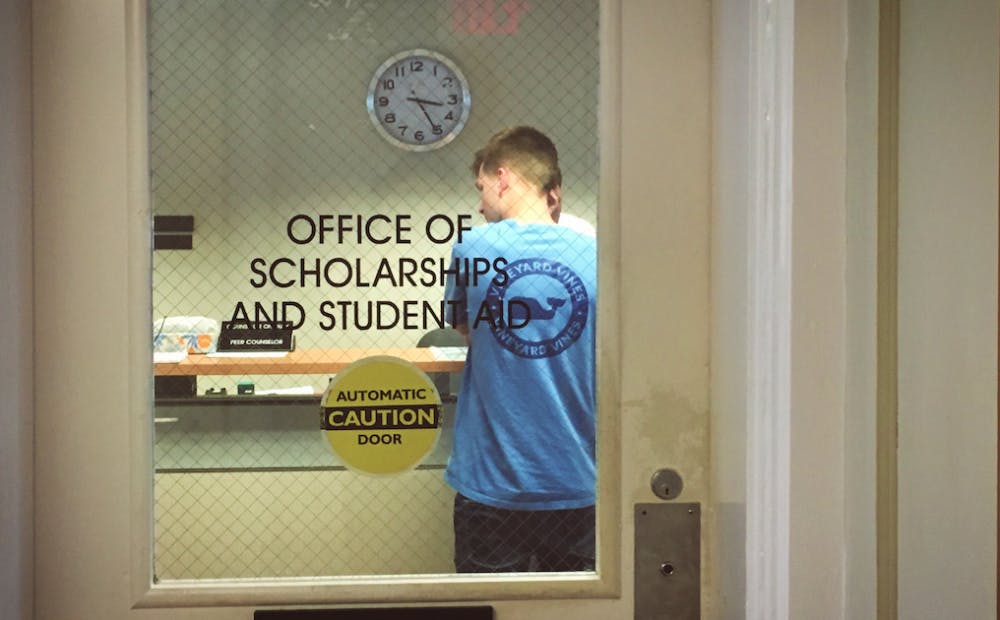On Sept. 17, the University outlined the effects of a drug conviction on federal financial aid eligibility in an email: with a single conviction, aid is revoked.
The University is required by federal law to outline the policy to all enrolled students annually.
The first conviction of possession of a controlled substance will result in financial aid ineligibility for one year, while a second offense carries a two-year suspension. The first conviction of the sale of a controlled substance results in a two-year suspension.
The University is subject to the policy by a 1998 amendment to the Higher Education Act of 1965 (HEA98) that removes eligibility for federal grant money following a drug conviction. Question 23 of the Free Application for Federal Student Aid asks whether the student has been convicted for the possession or sale of illegal drugs for an offense that occurred while receiving federal student aid.
FAFSA also questions a student's history of forcible or non-forcible sexual offenses and if the student has been involuntary committed to a mental health facility.
Other criminal convictions do not carry the same penalties with regards to financial aid eligibility. According to the FAFSA website, incarcerated recipients that have lost their eligibility will have most eligibility limitations removed upon release.
Critics of the amendment argue that it violates the Fifth Amendment's provision against double jeopardy by subjecting students to multiple rounds of punishment stemming from a single conviction. Students who lost aid can regain eligibility early by successfully completing an approved drug rehabilitation program or or by passing two unannounced drug tests.
The Supreme Court, however, upheld the policy in 2008 in Students for Sensible Drug Policy Found v. Spellings. The defendent, Margaret Spellings, is the former U.S. Secretary of Education and current president of the UNC System.
However, a 2013 study by Michael Lovenheim and Emily Owens found no evidence that the law had a deterrent effect on drug offenses. Additionally, the law may have had an inverse effect in barring at-risk students from attending college.




